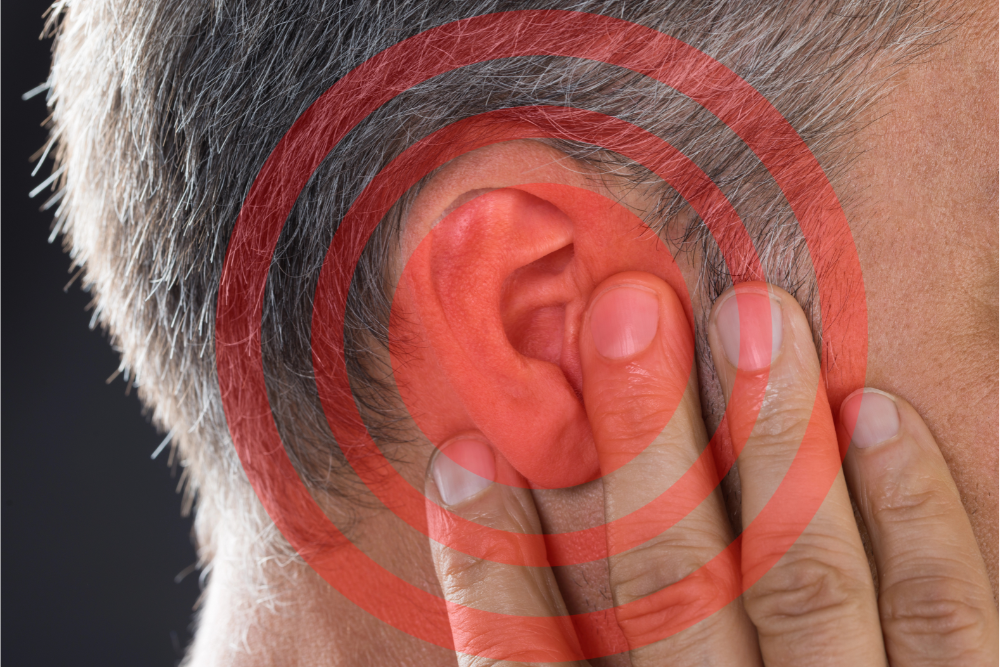When to See an ENT Specialist: Common Conditions ENT Doctors Treat
Otolaryngology, often referred to as ENT (Ear, Nose, and Throat), focuses on the health and disorders of the head and neck. An ear, nose, and throat doctor, or ENT specialist in Encino or ENT doctor in West Hills, as you might search when looking for local expertise, possesses specialized training to diagnose and treat a wide spectrum of conditions affecting these vital areas. Understanding when to seek their expertise can lead to faster, more accurate diagnoses and more effective treatment, especially for chronic or complex issues that may not resolve with primary care alone.
What ENT Specialists Do
ENT specialists are medical doctors who have completed extensive training beyond medical school, including a surgical residency focused on the intricate anatomy and physiology of the head and neck. Their expertise encompasses a broad range of interconnected systems, including:
- Hearing: Diagnosis and management of hearing loss, tinnitus, and other ear-related issues.
- Balance: Evaluation and treatment of dizziness and balance disorders.
- Breathing: Management of nasal obstruction, sinus issues, and airway problems.
- Swallowing: Diagnosis and treatment of swallowing difficulties.
- Speaking: Addressing voice disorders and hoarseness.
- Sleeping: Management of sleep-disordered breathing, such as snoring and sleep apnea.
- Allergies: Diagnosis and treatment of nasal and sinus allergies.
- Infections: Management of ear infections, sinusitis, tonsillitis, and other head and neck infections.
- Head and Neck Issues: Addressing tumors, injuries, and other abnormalities in the head and neck region.
For recurring or treatment-resistant problems affecting these areas, the specialized knowledge of an ENT doctor is important. They possess the skills and tools necessary to pinpoint the underlying cause and develop targeted treatment plans that go beyond general medical care.
Also Read: From Sinus Surgery to Sleep Apnea Solutions: Top ENT Procedures Explained

Common Reasons to See an ENT Specialist

Ear-Related Conditions
- Chronic ear infections: Frequent ear infections, especially in children, can lead to hearing problems and require specialized management.
- Hearing loss: Any noticeable decrease in hearing ability should be evaluated by an ENT doctor to determine the cause and explore treatment options.
- Tinnitus (ringing in the ears): Persistent or bothersome ringing, buzzing, or other sounds in the ears can indicate an underlying issue that requires an ENT assessment.
- Earwax blockages: While often manageable at home, recurrent or severe earwax impaction may need professional removal by an ENT specialist.
- Dizziness or balance disorders (vertigo, Meniere’s disease): These conditions can significantly impact daily life and often require the expertise of an ENT to diagnose and manage.
Nose-Related Conditions
- Chronic sinus infections (sinusitis): Sinus infections that last for more than 12 weeks or recur frequently may benefit from the care of a sinus specialist in Encino or elsewhere.
- Nasal congestion or obstruction: Persistent difficulty breathing through the nose can be caused by various factors, including allergies, structural issues like a deviated septum, or polyps, all of which ENT doctors treat.
- Deviated septum: A significant bend in the nasal septum can lead to breathing problems, recurrent sinusitis, and nosebleeds, often requiring ENT intervention.
- Allergic rhinitis and hay fever: While often managed by primary care, severe or persistent nasal allergies may require the expertise of an ENT for advanced throat and sinus treatment and management strategies.
- Nosebleeds that occur frequently or don’t stop easily: Recurrent or difficult-to-control nosebleeds can signal an underlying nasal or sinus issue that an ENT can diagnose and treat.


Throat and Voice Conditions
- Persistent sore throat or hoarseness: A sore throat that lasts for more than a week or significant changes in voice quality should be evaluated by an ENT to rule out infections or other underlying conditions.
- Tonsillitis and strep throat: While often treated by primary care, recurrent or severe tonsil infections may necessitate ENT consultation for management options, including tonsillectomy.
- Difficulty swallowing (dysphagia): Problems with swallowing can be a sign of various underlying issues, some of which require ENT evaluation and treatment.
- Snoring or sleep apnea symptoms: Loud snoring, pauses in breathing during sleep, and excessive daytime sleepiness are signs you need to see an ENT as these can indicate sleep apnea, a serious condition managed by ENT specialists.
- Chronic cough or throat clearing: Persistent coughing or the need to constantly clear your throat can be related to ENT issues like allergies, reflux, or vocal cord problems.
Head, Neck, and Other Concerns
- Enlarged lymph nodes: Persistent or unexplained swelling of lymph nodes in the head and neck area warrants evaluation by an ENT doctor.
- Thyroid or salivary gland issues: Lumps, pain, or swelling in the thyroid or salivary glands should be examined by an ENT specialist.
- Vocal cord disorders: Voice changes, hoarseness, or loss of voice can be caused by vocal cord nodules, polyps, or paralysis, requiring ENT diagnosis and treatment.
- Head and neck tumors (benign or malignant): ENT specialists are crucial in the diagnosis and management of tumors in the head and neck region.
- Facial pain or pressure not linked to dental causes: Persistent facial pain or pressure, especially when accompanied by nasal or sinus symptoms, may require evaluation by an ENT doctor to rule out sinus or other head and neck issues.

Signs You Should Schedule an ENT Visit
Recognizing the signs you need to see an ENT is important for timely intervention. Consider scheduling an appointment if you experience any of the following:
- Symptoms lasting longer than 10–14 days without improvement.
- Problems that recur frequently despite treatment from your primary care physician.
- Pain, pressure, or drainage that worsens over time in the ears, nose, or throat.
- Noticeable changes in your hearing or breathing.
- When your primary care provider recommends a referral to an ENT specialist.

What to Expect at Your ENT Appointment
During your visit with an ENT specialist, they will typically:
- Review your symptoms and detailed medical history.
- Perform a thorough physical examination of your ears, nose, and throat, often using specialized instruments and scopes for better visualization.
- Conduct in-office tests, which may include hearing tests (audiometry), allergy testing, or sinus CT scans, depending on your symptoms.
- Discuss their diagnosis, explain available throat and sinus treatment options, and outline the next steps in your care.

Frequently Asked Questions (FAQs)
Do I need a referral to see an ENT specialist?
While some insurance plans may require a referral from your primary care physician, many do not. It’s best to check with your insurance provider.
Can ENT doctors treat both adults and children?
Yes, ENT specialists are trained to treat patients of all ages, from newborns to the elderly.
How is ENT care different from allergy or audiology specialists?
While there can be overlap, ENT doctors have a broader scope of practice encompassing surgical and medical management of the entire head and neck region. Allergists focus specifically on allergic conditions, while audiologists specialize in hearing and balance disorders. An ENT can often address these issues but may refer to these specialists for more focused care when necessary.
What’s the best treatment for chronic sinus problems?
When is surgery recommended for ENT issues?
Surgery may be recommended when medical treatments are ineffective or for structural issues like a severely deviated septum, chronic sinusitis, or certain head and neck tumors.
Conclusion
ENT specialists play a vital role in diagnosing and treating a wide array of conditions affecting the ears, nose, throat, and related structures of the head and neck. Recognizing when to see an ENT doctor and understanding the common conditions ENT specialists treat can empower you to seek expert care when needed. If you are experiencing persistent symptoms or signs, you need to see an ENT, don’t hesitate to consult with a specialist.
Seeking timely and expert care can prevent complications, improve your quality of life, and provide effective solutions for your throat and sinus treatment needs and other ENT-related concerns. If you’re looking for an ENT near me, taking that step towards specialized care can make a significant difference in your overall health and well-being.
